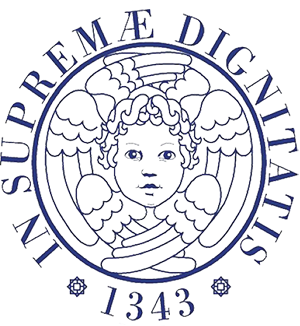Definition:
It is an open surgery to remove ureteral stone resistant to mini-invasive therapy (extracorporeal or ureteroscopic).
Indications:
Nowadays it is reserved for some particular indications:
- Giant ureteral stones;
- Ureteral stones for which extracorporeal and endoscopic techniques have failed;
- Surgical exploration of ureter in exceptional cases where non-invasive and mini-invasive diagnostic methods were not enough to diagnose.
Technical Description:
Surgical incision varies with regard to the position of the stone or the ureteral tract to be explored.
In the case of a proximal ureter (upper third), the incision is performed in the lumbar region (subcostal lumbotomy). There are numerous technical variants of skin-muscle access.
If the stone is placed in the ileum ureter, an ilio-inguinal approach may be chosen.
In the case where the stone is performed in the pelvic ureter, extraperitoneal median access is practiced.
In all approaches practiced, the fundamental element is the search for ureter with delicate maneuvers.
The ureter, released for a short stretch, must be longitudinally incised at or below the stone. After extracting the stone, the patency of the ureter above and below the stone is verified, and then a suture of the cut is applied. Some authors, in order to facilitate faster healing, leave a catheter in the ureter that is removed after a few days (7-15 days). In all cases, tubular drainage is left in place and finally the abdominal wall is rebuilt.
Preparation for intervention:
Typical rules are needed such as fasting from midnight on the previous day, intestinal cleansing, trichotomy. Antibiotic prophylaxis is useful, especially if the stone has already given septic complications. It is a good rule before the surgical incision to take a radiograph or a preoperative flash scopy immediately before the surgery to confirm the stone position.
Duration of intervention:
This is almost always a quick intervention that can be completed within 1h-1:30h.
If it is a reintervention, the previous (lack of) adherences can alter a lot those times.
Type and duration of hospitalization:
The intervention is always carried out as inpatient, with a stay of 4 to 8 days, except for complications.
Results:
Generally, the problem is solved in a very high percentage (95-100%), if we talk about stones.
In the case of ureter surgical exploration the results depends on the underlying disease.
Advantages:
This is almost always a resolutive surgery, although today it is not comparable w.r.t. invasiveness with the extracorporeal and endoscopic techniques used for the same purpose.
Disadvantages:
The main one is the need for incision and therefore of parietal damage whose recovery is always relatively long.
Side effects:
Side effects are small and related to the presence of the ureteric tutor and subsequent postoperative catheter.
Complications:
Post-surgical urinary fistulas are especially a legacy of the past, as in the most complex cases (ureteral extended edema, ureteral stiffness and ischemia, low dissectible tissues due to intense fibrosis), a ureteral catheter is left to avoid this complication.
Post ureterolithotomy ureteral stenosis has an unknown incidence, but rather rare.
Wound infections are rare.
At discharge:
No particular attentions has to be advised if the surgery had a favorable outcome. It is usually recommended that you continue to take antibiotic therapy and drink plenty of water.
How to deal with home-related complications:
If there are problems with surgical wound or fever as a probable postoperative urinary tract infection, it is advisable to consult the urological center.
Checks:
It is recommended to practice urine culture after 15 days from the intervention. At 3 months, urinary ultrasound should be performed. Urography can be practiced at 6 months.

